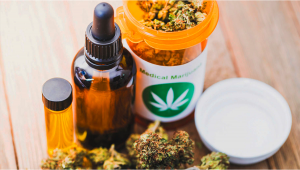Can You Overcome Drug Addiction Using Cannabis?

- 1. What is drug addiction?
- 2. The difference between drug abuse and addiction
- 3. Using cannabis to treat your drug addiction
- 3. a. Cbd for drug addiction
- 3. b. Cbd for alcohol addiction
- 3. c. Cbd for tobacco addiction
- 4. The bottom line
Overcoming a drug addiction, or any addiction for what matters is an extremely tough job that requires lots of patience and willpower. So if you're dealing with an addiction you're trying to overcome, congratulations on facing up these demons!
There is one common saying, usually found in romantic contexts, that claims that 'one devil drives out another', which practically states that in order to forget about one's worry, love partner, or addiction, you must replace it with a new one.
Although it doesn't sound like the healthiest choice, we've seen it everywhere. Tobacco quitters usually eat gum or lollipops to calm the anxiety of wanting to smoke and so on. Getting a replacement is a great first step to start changing the habit.
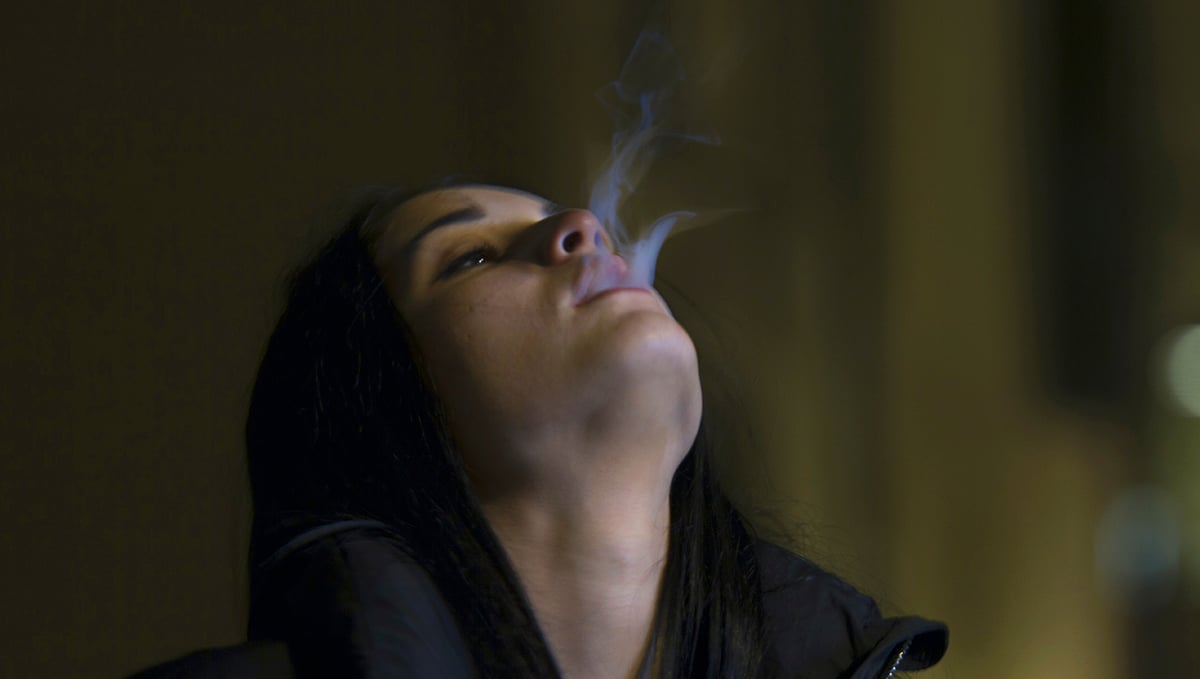
So, what about drug addiction? Could cannabis help overcome drug addiction? The short answer is yes, CBD specifically, with its anxiety-relieving properties is a promising aid for treating drug addiction.
1. What Is Drug Addiction?
When does substance use become a drug addiction? A person can consider themselves addicted, or be diagnosed with addiction when the consumption of a specific substance becomes so vital for this person that it makes an effect on their brain and behavior.
When you hear 'drug addiction' you can probably imagine illegal substances such as heroin, cocaine, or other heavy drugs. However, these aren't the only substances humans can get addicted to, there are legal substances that can lead to addiction as well.
The most common addictive substances include:
- Nicotine (cigarettes);
- Alcohol;
- Opioid pain-killers;
- Sleeping pills;
- Anti-anxiety medications;
A person might start taking a substance for several reasons, such as curiosity, as a source of escape from reality, for the way it makes them feel, or to deal with other deeper personal struggles, among others.
When not attended, a drug addiction will grow with time and use and change this person's brain functioning, making them lose self-control and leading to damaging behaviors.
2. The Difference Between Drug Abuse And Addiction
Abusing and being addicted to a drug isn't the same thing. There are a couple of essential differences between these two situations:
| Drug Abuse | Drug Addiction |
|---|---|
|
When someone uses substances in ways they shouldn’t, like taking more than the regular doses or using someone else’s prescriptions, abusing drugs to feel good, ease stress, or avoid reality. They can still have control over the habit, being able to stop using. |
Addiction is what happens when all of the activities mentioned in the abuse take place and the person can't stop using the drug. Physical and emotional dependency is another big evidence of addiction in a person. |
The human brain works in a way that makes us want to repeat experiences that made us feel good, giving us the motivation to do them over and over again. This is dopamine's effect, a neurotransmitter that responds to pleasurable stimuli in our brain's reward system.
With drugs, dopamine levels get quite high and after the brain gets used to this extra dopamine, it increases the body's tolerance to the triggering substance, which makes the person need more to get the same feeling. At the same time, when they're not under the influence, activities that the person used to enjoy may stop being as pleasurable as before.

Besides from drugs, we can get high dopamine levels by exercising, eating certain foods, having sex, sleeping, listening to music, and many more, including marijuana consumption.
So how could you use these elements to overcome drug addiction?
3. Using Cannabis To Treat Your Drug Addiction
There is a strategy in drug addiction treatment called harm reduction, which, as the name suggests, involves a decrease in the use of the drug instead of an abrupt stop. It's a matter of progress, not perfection, or at least not yet.
An American-based addictions treatment center uses this method by combining the use of cannabis as well to treat the addiction. Its founder, Joe Schrank, who has been sober from drugs and alcohol for 20 years explained that medicinal cannabis works as a detox and maintenance protocol for those with more severe addictions.
"It's a harm-reduction theory, with cannabis, there is no known lethal dose; it can be helpful for certain conditions.
To overcome drug addiction, some patients need to move into abstinence gradually, weaning themselves off the drug over time, while others search to maintain sobriety from a drug by using another, less harsh drug, such as marijuana.
CBD For Drug Addiction
Cannabis could be promising for treating drug addictions by mainly focusing on CBD's properties. The famous cannabinoid has proved not to generate any dependency, therefore you wouldn't actually be nesting a new addiction by using it to treat your previous drug addiction.
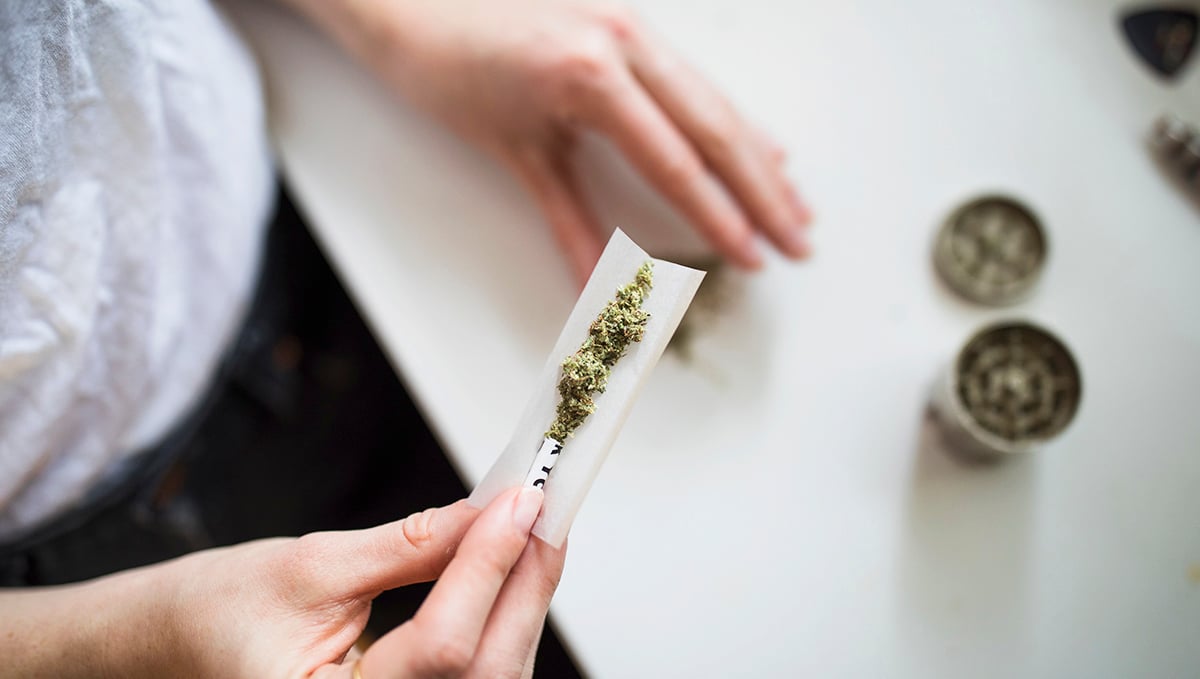
Cannabinoids interact with the endocannabinoid system in our bodies, specifically with the CB1 or CB2 receptors and endocannabinoids, which have various regulatory effects on our system, including the modulation of certain neurotransmitters' levels.
The most common signs of abstinence when a patient withdraws from substance abuse include:
- Fatigue;
- Anxiety;
- Irritability;
- Agitation;
- And paranoia.
Since CBD is known for its stress-relieving properties, it could actually help alleviate these symptoms of drug abstinence and the cravings, as well as mitigating compulsive behaviors.
In fact, a study led in the year 2018 studied the possibility of CBD aiding drug abuse. This study consisted of a test on rats that were fed with alcohol and cocaine for a couple of days, we know, it sounds horrible.1
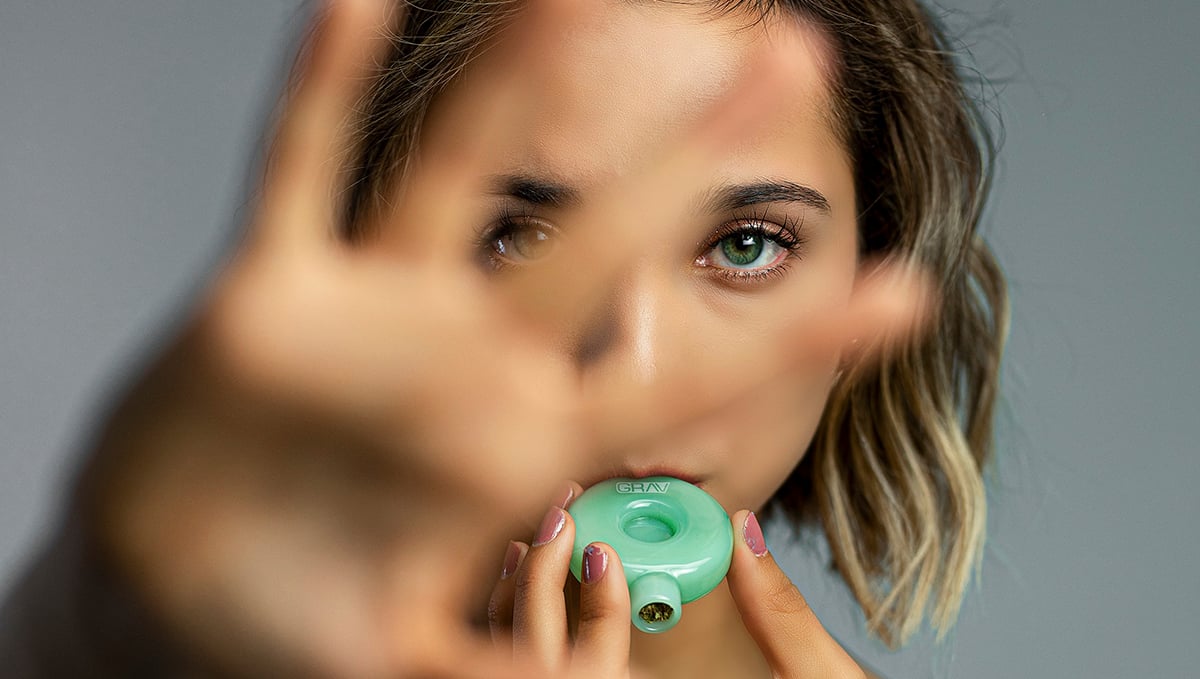
After the researchers had developed a sort of substance dependency on the rats, again, ouch, they started applying a transdermal CBD gel on the rats every 24 hours for 7 days. When they tested the rodents, they couldn't detect any CBD presence in their blood 3 days after the treatment period was over.
However, there was an evident change in the rats' attitudes, they reduced their return to the drug, showed decreased anxiety levels as well, and fewer signs of dependence for up to five months.
CBD for Alcohol Addiction
Alcohol is one of the most commonly used substances around the globe, in spite of the fact that we are all already aware that alcohol is indeed a drug and causes dependency, as well as some major negative effects on the body and mind.
Science has already affirmed that CBD can "directly reduce (the use) of alcohol in subjects with Alcohol Use Disorder (AUD)". Therefore, this turns the cannabinoid into the best alternative treatment for such addiction.3
This is because alcohol withdrawal symptoms are normally treated using benzodiazepines, which, according to a study, build concerns due to their potential for “increased risk of relapse due to symptoms of alcohol dependence that return after cessation of treatment.”
CBD for Tobacco Addiction
While tobacco addiction isn't so harsh in terms of withdrawal symptoms, it is a hugely widespread addiction that's incredibly hard to overcome for regular smokers, no matter how low the withdrawal symptoms are.
One study led in 2013 discovered that CBD is actually effective for treating tobacco addiction. It consisted of analyzing 24 smokers who were provided half with CBD inhalers and the other with placebo inhalers. The subjects were then asked to smoke from the inhalers every time they felt the urge to smoke tobacco. 4
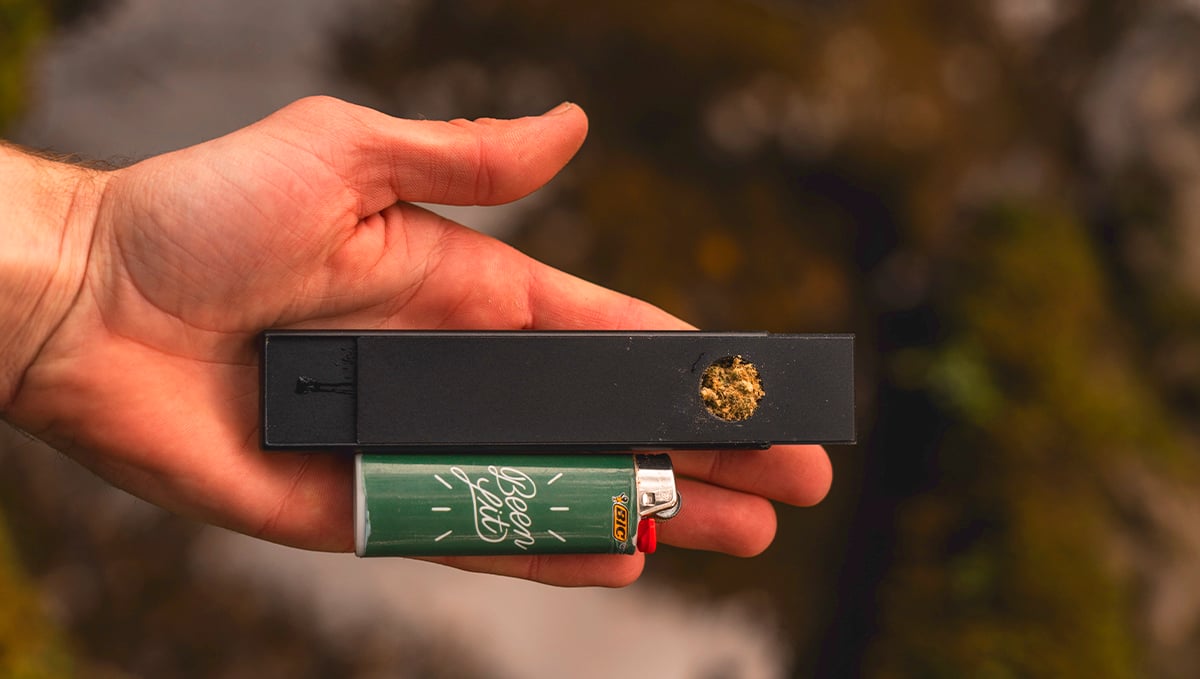
The results showed that in the CBD group, around 40% reduced their tobacco intake, while in the tobacco group they all continued to consume as much tobacco as before.
4. The Bottom Line
Fighting an addiction, whether it's drug addiction or one of any other kind, is an extremely big task and requires the person to push themselves to their limits and prove themselves that they can overcome anything.
While it is true that replacing something with something else could be risky, if cannabis is the answer, we don't see the risks in trying, no one has ever died on a marijuana overdose anyway.
We're glad that you or someone you know is taking the challenge of improving and living a better life. We hope that the results go as expected!
MEDICAL DISCLAIMER
This content is for educational purposes only. The information provided is derived from research gathered from external sources.
EXTERNAL REFERENCES
- "Non-psychoactive cannabinoid may enable drug addiction recovery." National Institute on Drug Abuse, NIDA, March 2018.
- "Therapeutic Prospects of Cannabidiol for Alcohol Use Disorder and Alcohol-Related Damages on the Liver and the Brain" Julia De Ternay, Mickaël Naassila, Mikail Nourredine, Alexandre Louvet, François Bailly, Guillaume Sescousse, Pierre Maurage, Olivier Cottencin, Patrizia Maria Carrieri, and Benjamin Rolland. May 2019.
- "Cannabidiol (CBD) for the Treatment of Alcohol Withdrawal" University of Sydney and South Eastern Sydney Local Health District, December 2019.
- "Cannabidiol reduces cigarette consumption in tobacco smokers: preliminary findings" Celia J.A. Morgan, Ravi K. Das, Alyssa Joye, H. Valerie Curran, and Sunjeev K.Kamboj. April 2013.








